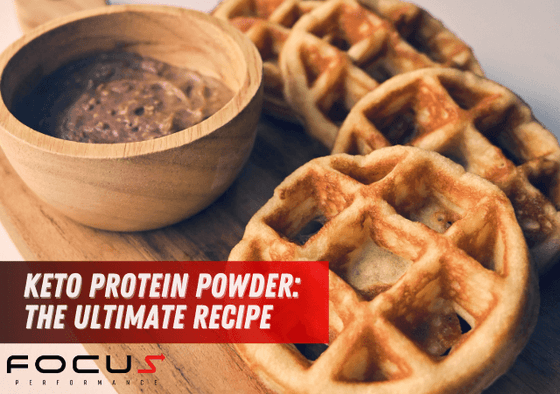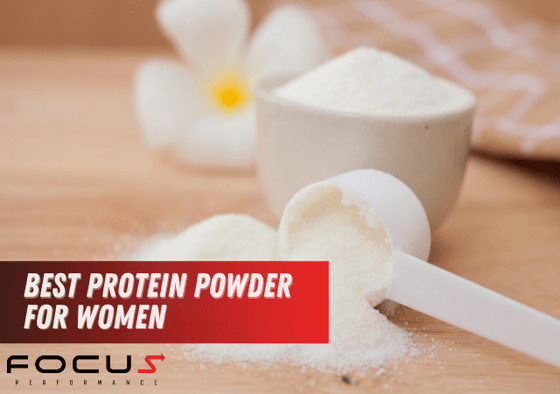
Milk is an essential part of the average diet. It’s versatile, affordable, and convenient, and it provides calcium as well as many other nutrients you need to keep healthy and strong. Right?

It turns out that it depends on what kind of milk you’re drinking, and most people aren’t drinking the right kind. Pasteurized milk, the kind on your local supermarket’s shelves, comes loaded with problems that many individuals aren’t aware of. Making the switch to raw, organic milk not only eliminates these problems, but it also provides significant health-related and other benefits that pasteurized milk can’t.

The problem starts long before the milk reaches your refrigerator. A cow’s natural diet, as you may know, is grass. However, the cows on most dairy farms are fed grains (such as corn or other cereal grains). The reason this happens is because grains fatten cattle up faster than grass, making it cheaper for farmers to raise them. Unfortunately, this practice causes several different issues.
For starters, grain-fed cattle are far more vulnerable to health problems such as diarrhea, ulcers, bloat, liver disease, and generally weaker immune systems. Furthermore, to combat these health problems, cows receive antibiotics regularly, which results in exposing the general population to unnecessary antibiotics. In turn, this fosters the development of antibiotic-resistant bacteria, rendering modern medicine increasingly ineffective.
Another facet of the typical cow’s modern diet is recumbent bovine growth hormone (rBGH). The main problem with this is that milk from rBGH-treated cows contains abnormally high levels of IGF-1, a hormone that helps certain types of cells grow. Some studies show that there may be a link between IGF-1 and the development of breast, prostate, colorectal, and other cancers.
When rBGH-treated cows grow faster, this also means that they can produce milk for longer than nature intended. The result is infected udders and, ultimately, pus in your milk. That’s right – if you have non-organic, pasteurized milk in your fridge, it very likely contains some amount of pus. Pretty disgusting, right?
The problems do not stop once you get the milk out of the cows, either. The milk itself goes through a number of startling processes to keep it from spoiling and maintain its color and “freshness” during pasteurization. Fats in milk tend to go rancid during the pasteurization process, and the result would be milk that smelled and tasted awful – so chemicals are added to prevent this from happening. Also, pasteurization does nothing to remove many of the chemicals administered to the cows before and during milking, including painkillers, other anti-inflammatory drugs, and the above-mentioned antibiotics and growth hormones.
Furthermore, raw milk isn’t white – the reason pasteurized milk is white is because of titanium dioxide added to the milk. If you aren’t aware, titanium dioxide is the same stuff added to paint to get your walls sparkling white. That’s right – there’s paint additive in your milk, and it’s a known human carcinogen.
The bottom line: modern pasteurized milk is bad news. Not only are the cows themselves subjected to horrible conditions and forced to live out painful, miserable lives but consumers are buying unhealthy, subpar milk without knowing it. Millions of people consume milk filled with pus and chemicals every day, and feed it to their families, believing that they are making healthy choices.

You can make a much safer and healthier choice for yourself and your loved ones by choosing raw, organic milk. Raw milk is so much better than pasteurized milk in so many ways that it’s hard to overstate the difference. Raw milk:
Any one of the above reasons alone would be a compelling factor in choosing raw milk over pasteurized, but when you look at them as a whole, it’s easy to see just how much of a difference raw milk makes. It’s better for your health, it tastes better, it’s more humane for the cows, and it’s more environmentally-friendly than pasteurized milk. The choice is a no-brainer. Check out a website such as Raw Milk to find raw, organic milk available near you, and see the difference for yourself!
Despite the benefits we’ve learned about protein powders, not all of them are keto-friendly. Just like any product for people on a low-carb diet, you need to read the label closely to make sure you’re not consuming added carbs and sugars.


Scott Reid
Author